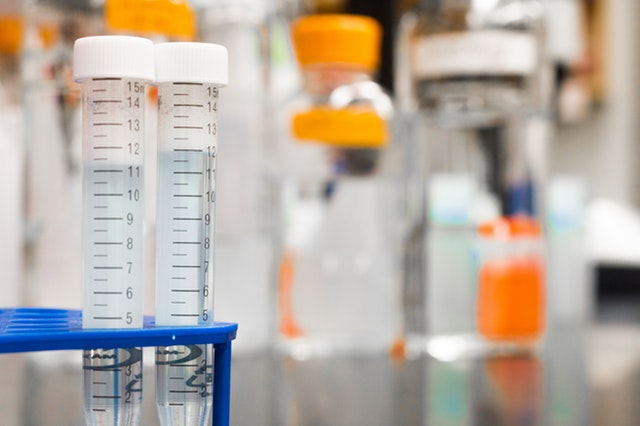In October of 2018 Congress enacted a new law that applies to many commercial health insurance plans, as well as Medicare and Medicaid. The law, known as the “Eliminating Kickbacks in Recovery Act of 2018”, was passed as part of the SUPPORT for Patients and Communities Act, which generally targets the national opioid crisis. Specifically, the SUPPORT Act created additional penalties to prohibit possible kickback arrangements for individuals under treatment. Unfortunately, these provisions create expansive anti-kickback penalties for all private and commercial pay business.
Private Pay Anti-Kickback Statute
Currently, the Anti-Kickback Statute (“Federal AKS”) only applies to Federal health care programs. To maneuver this law, many physicians and physician-owned entities have created two distinct entities for patients. The first entity might be for Federal health care business (Medicare and Medicaid) while the second entity might be for private pay health care business (commercial insurance and cash). The benefit, although risky, is that one entity can fully comply with the Federal AKS while generating income in the other entity outside of the Federal AKS.
The new law makes it a criminal offense to do any of the following: solicit or receive any remuneration (including any kickback, bribe or rebate), directly or indirectly, in return for referring a patient or patronage to a recovery home, clinical treatment facility or clinical laboratory; or offer or pay a kickback to “induce” a referral of an individual to a recovery home, clinical treatment facility or clinical laboratory, or in exchange for an individual using the services of a recovery home, clinical treatment facility or clinical laboratory. In short, if an individual gets something of value for referring a patient or inducing a patient to utilize a recovery home, clinical treatment facility or clinical laboratory, the law is impicated (collectively “Private Pay AKS”).
The penalties for each violation can include a fine of up to $200,000 and imprisonment of up to 10 years. Although the penalties are substantial, the Private Pay AKS is more limited in its applicability than the Federal AKS. Specifically, the Private Pay AKS only applies to arrangements in which a recovery home, clinical treatment facility, or laboratory is involved. While the definition of a laboratory is more straight forward, the other two applicable entities might not be.
- The term ‘recovery home’ means a shared living environment that is, or purports to be, free from alcohol and illicit drug use and centered on peer support and connection to services that promote sustained recovery from substance use disorders.
- The term ‘clinical treatment facility’ means a medical setting , other than a hospital, that provides detoxification, risk reduction, outpatient treatment and care, residential treatment, or rehabilitation for substance use, pursuant to licensure or certification under State law.
The two major areas of concern should be for organizations who (a) have a laboratory or arrangements with laboratories and (b) have treatment facilities, not in hospitals, catering towards substance abuse treatment. The truly interesting part about the Private Pay AKS is that it does not matter whether the referral was for substance abuse. For example, presumably, if a dermatologist ordered labs for his or her patient and it was commercial insurance, the law would be implicated. There are safe harbors though.
Safe Harbors to the Private Pay AKS
Safe harbors, if met, effectively mean that the Private Pay AKS would not apply to the specific situation. Those safe harbors include discounts to patients, employment of providers, drug discounts programs under Medicare, payment to independent contractors, certain waivers of copayments, and possible payments under an alternative payment model.
The interesting Safe Harbors include the employment Safe Harbor and the Safe Harbor for independent contractors. Under the employment Safe Harbor, you can only meet it if the employer’s compensation is not based upon the number of individuals referred, the number of tests or procedures performed, or the amount billed. In short, it might be suspect for a treatment facility to pay a physician based upon the volume of his or her services at all. In addition, it is possible that any RVU driven model might be impacted because it is undoubtedly related to procedures performed and collections. Finally, if the personal services safe harbor is utilized then the compensation must be fair market value for services performed.
The bottom line is that any payments from a laboratory, or non-hospital medical setting in which substance abuse is treated, to a referring provider must comply with this law. While more information is forthcoming, organizations should be discussing and analyzing their future strategies.

